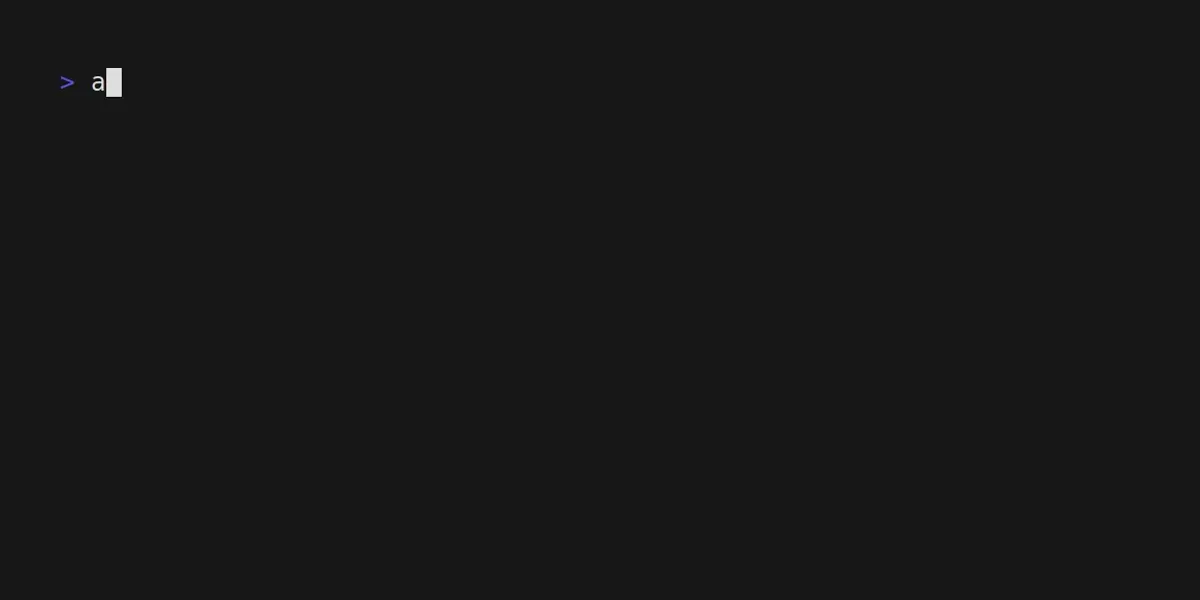It is a relatively short story, that is not even that entertaining.
In about 2015-ish (maybe a bit earlier), Go came more and more onto my radar.
At the time, I was working in primarily with Python, and at the time, Python devs were right in the middle of the python2 to python3 migration (debacle?). UnicodeDecodeError anyone?
So, a language with a v1 compatibility promise sounded very appealing. Btw, the promise stood the test of time.
On the other hand, I was in building platforms to run applications and cloud something something. Seeing projects like Docker and Kubernetes evolving that are written in Go made it even more interesting to me.
I didn’t get the change to dive into Go at work, so I played around with it at home. There are some traces of reading data from an sht7x temperature and humidity sensor on my computer.
And what should I say… coming from Python, I didn’t like Go particularly. Despite that, I kept Go on my radar.
At the time (and still am up to date), I was pretty much in listening to podcasts. Maybe because of this combination, the release of the very first episode of Gotime didn’t pass me unnoticed.
I fell in love with the OG crew, and have listened to each episode till today. Besides being fun and entertaining, it kept me up to date with the ecosystem.
All of that helped, when I started to write more and more Go, got involved in the early phases of Cluster API for OpenStack and the Cloud Provider OpenStack.
These days, I don’t write much code. But when I do, I have the tendency to reach for Go more often than not.
That might be a result of needing to write glue related to Kubernetes, where Go still is the lingua franca.
But even outside of that ecosystem. I use Go for cli and TUI apps, using the fantastic bubbletea. Distributing just single binaries is so easy!
Writing code to talk to OpenStack APIs, I somehow prefer gophercloud over Python and openstacksdk.
Today, together Go and Python are in pretty much my first choice for almost all programming I do.
Doing Python for about 20 (😲 😳 😅), I still like the concepts and how fast you can get going with it.
Especially if you are in a phase of prototyping. And nothing beats the repl 😄
One more thing about Gotime. Gotime didn’t just hooked me into Go, but it also brought me into Changelog universe, which I was not aware of before.
Till today, I have listened to many shows, and am a ++ member.
